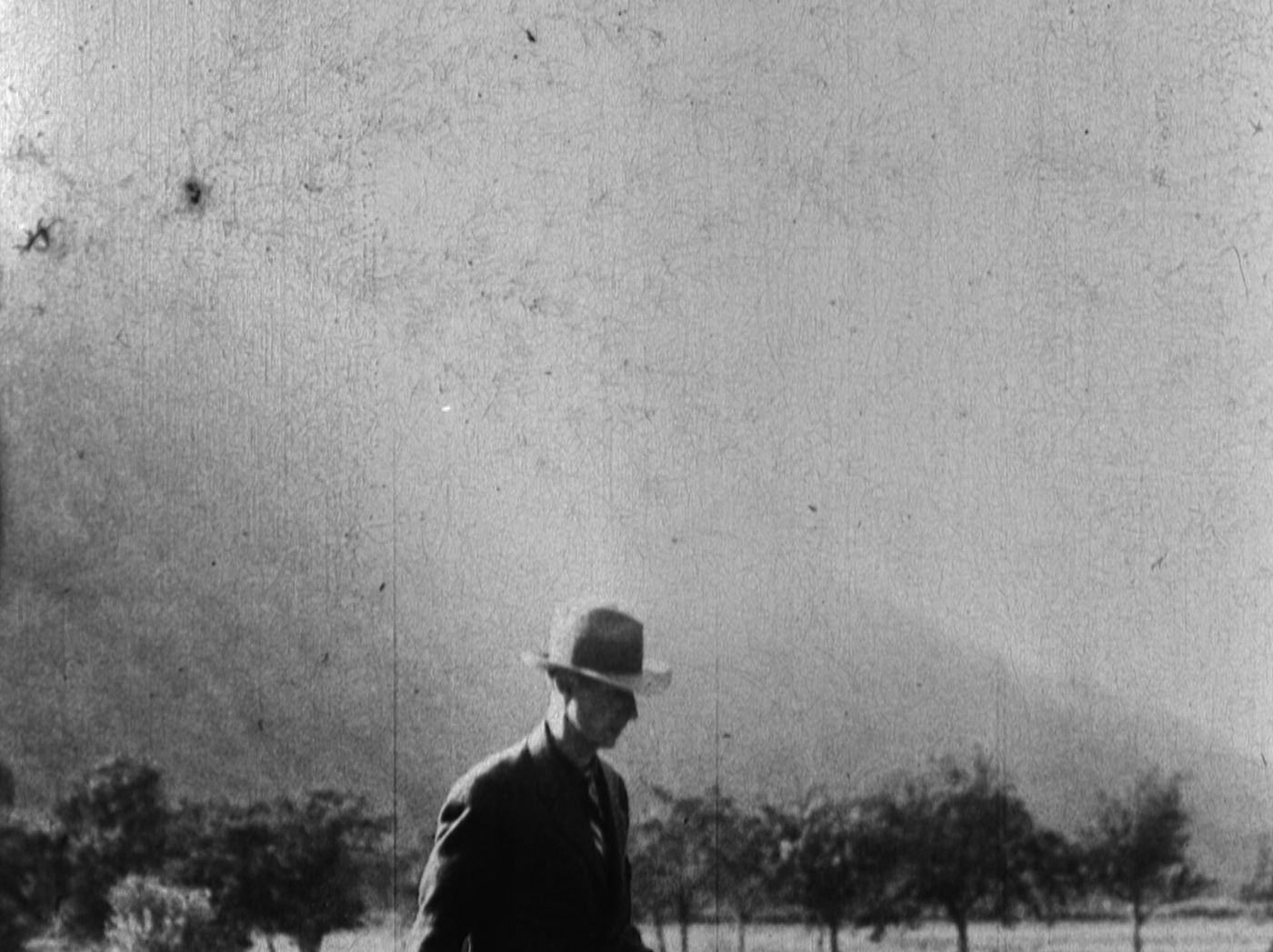
Histoire de détective de Charles Dekeukeleire
L’appareil enregistreur devient lui-même vivant, il se déplace et réagit psychologiquement. À la vision du monde qui autrefois n’était qu’une photographie animée, dont la qualité et l’intérêt dépendaient presque exclusivement de la plastique et du jeu des acteurs, se substitue l’impression ressentie par l’opérateur seul, celle qui résulte de la synthèse de deux mouvements distincts, d’une part celui de la vie intérieure de l’auteur, d’autre part, celui de l’extérieur modifié, épuré, transformé dans le sens de l’impression psychique du réalisateur.